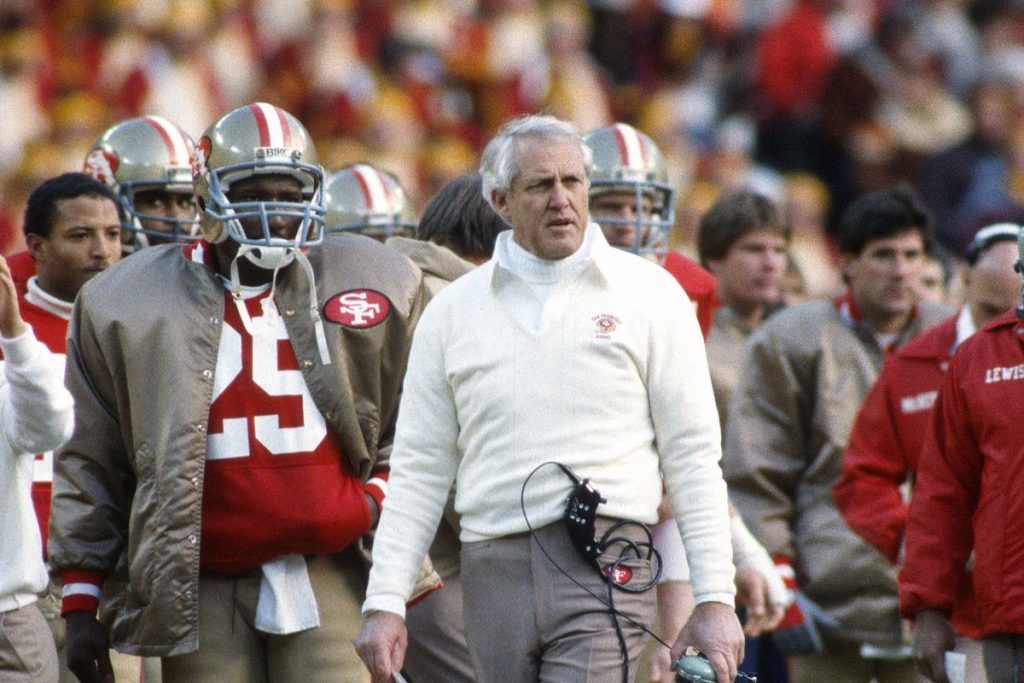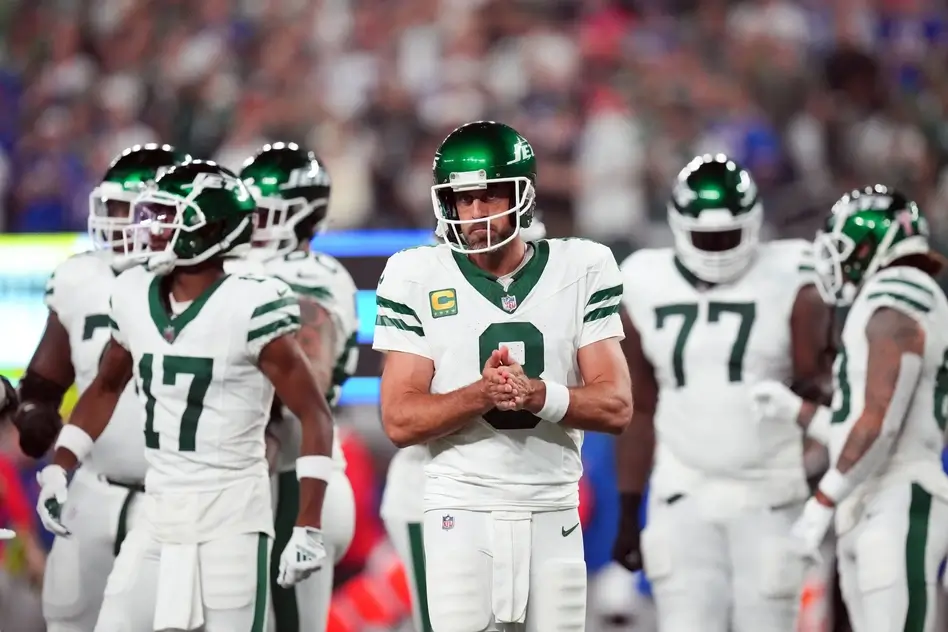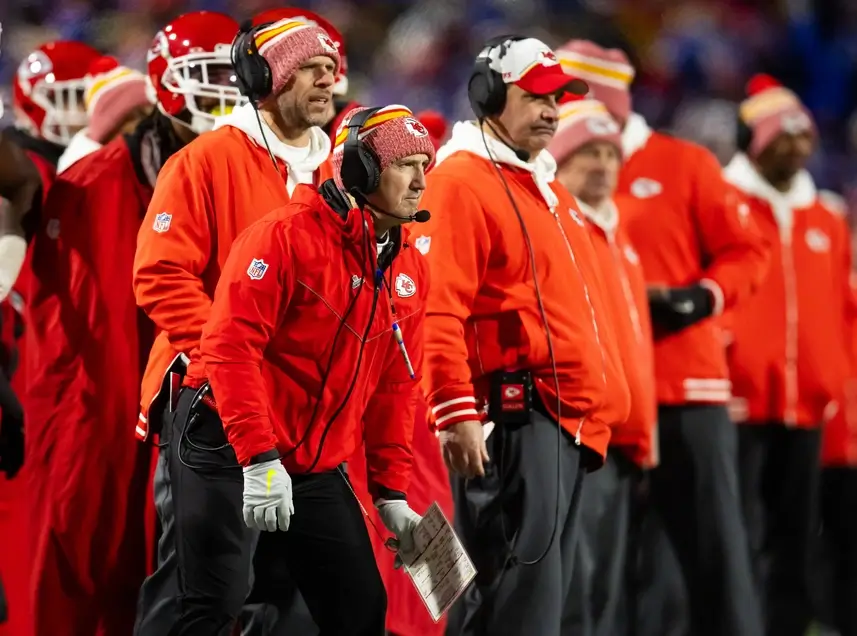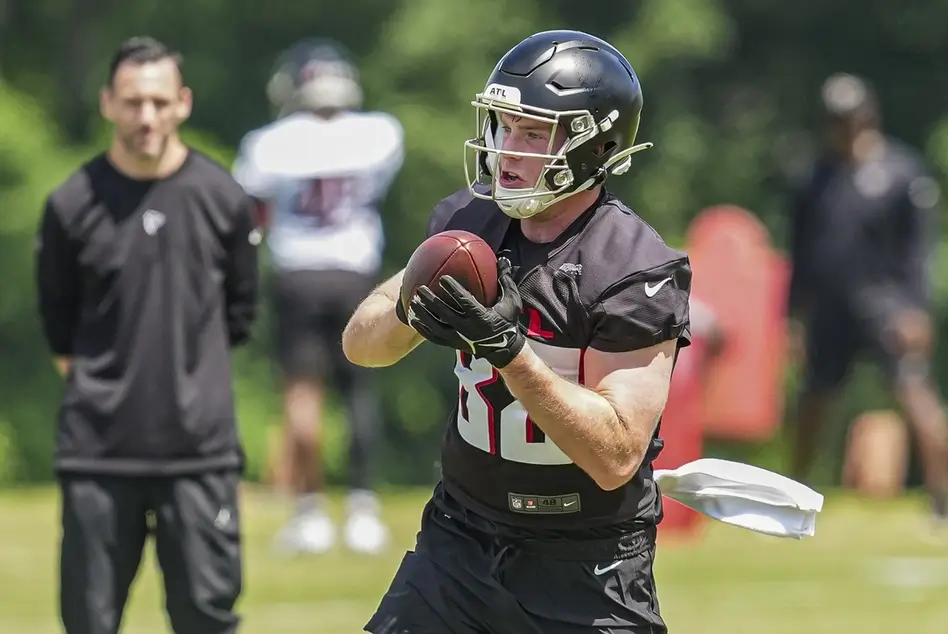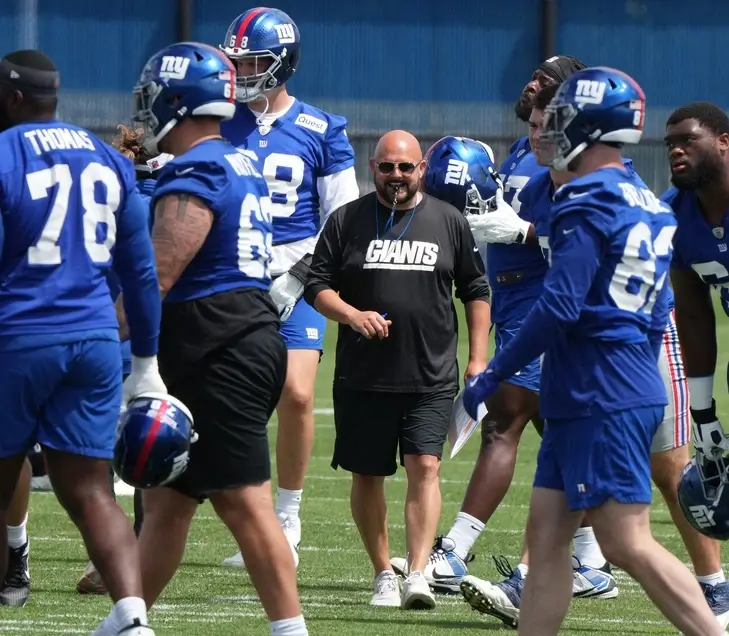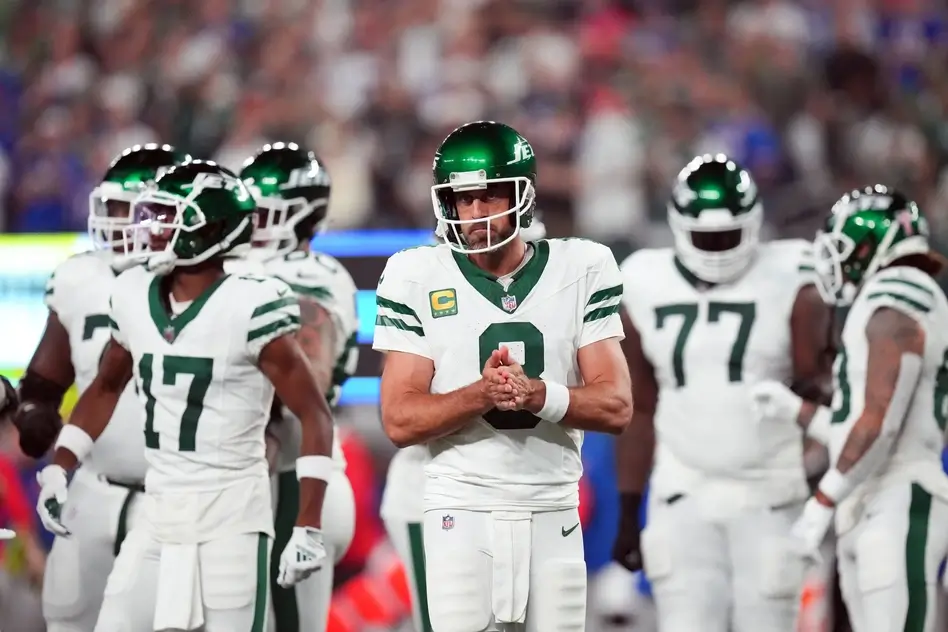The Score Takes Care of Itself: My Philosophy of Leadership was written by Bill Walsh, prominent biographer Steve Jamison and Bill Walsh’s son – Craig Walsh. Published two years after Walsh’s death in 2007, the book acts as a semi-autobiographical guide to any man or woman looking to become a good leader. Whether it be in the world of business, academia or football, The Score Takes Care of Itself is a comprehensive guide on how to become, and continue to be, a successful leader of men.
Walsh’s success, first as offensive coordinator of the Cincinnati Bengals, then as head coach/GM of the San Francisco 49ers, makes any lessons and insights learnt from the book inherently valuable. Through reading the text, the reader obtains a real sense of, not only the lessons and life advice transcribed to you expertly so by Jamison but just how unique and unmatched Walsh was. Both as a teacher and a leader.
Bill Walsh, aptly nicknamed ‘The Genius’ (much to Walsh’s chagrin), coming into the NFL as a head coach in 1979 was not unlike Arsene Wenger, similarly nicknamed ‘Le Professeur’, arriving in the English Premier League in 1996. With their wispy white hair and charming school teacher demeanours, both figures radically altered the way fans and players thought about and played their respective sports. The lessons learnt in The Score Takes Care of Itself are equally as valuable as they are useful.
With that in mind, let’s take a look at the top 5 takeaways, both on and off the field, from The Score Takes Care of Itself.
5. ‘Success Disease’
‘I don’t believe there is ever true mastery. It is a process, not a destination. That’s what few winners realise and explains to some degree why repeating is so difficult.’
One of the main concepts that appear more than once in The Score Takes Care of Itself is the idea of ‘success disease’. It’s a common notion today that when one team climbs the mountain top and wins a Super Bowl Championship, the next season they usually plummet back down to the bottom of the mountain.
These days it’s commonly referred to as the ‘Super Bowl hangover’, but Walsh’s success disease is a real thing. Only seven of the thirty-two NFL franchises have consecutive Super Bowl victories: the Packers, Dolphins, Steelers, (the Bill Walsh led) 49ers, Cowboys, Broncos and Patriots. No team has ever won it three years in a row.
Walsh devised a list of ten tactics to overcome the perils of ‘success disease’. These include: Allow pats on the back for a limited time, be demanding and recognise that mastery is a process, not a destination.
The very real nature of ‘success disease’ stands firmly as a testament to the success of coaches like Vince Lombardi, Bill Walsh and most recently – Bill Belichick.
4. The Introduction of Scripting
‘it [scripting] plugged me into the future; I was visualising the game ahead, “seeing” what would happen. I could close my eyes and literally see all twenty two men running and responding to some specific play I had drawn up.’
Walsh spoke in-depth about scripting in a 1996 New York Times article. However, Walsh expands on his thoughts in The Score Takes Care of Itself and offers insight into how the process came about. Walsh recalls being the O.C. of the Bengals in a late-game situation away to the Raiders in the playoffs. The Bengals had two opportunities to score a game-winning touchdown/ game equalising field goal and Walsh admits he blew both chances due to the pressure of the moment. ‘I completely forgot the plays we had practised that would have worked best under those circumstances… I had no specific plan for what to do in that “foul weather” circumstance.’
Walsh goes on to demonstrate the success of scripting offensive plays, writing ‘during my second seasons [as Stanford head coach], Stanford scored on our first possession eight times in eleven games’. In 2019, the San Francisco 49ers (4), Kansas City Chiefs (8) and the Baltimore Ravens (1) all finished in the top ten in first-quarter points per game. Kyle Shanahan, Andy Reid and John Harbaugh all utilise the art of scripting in their stellar offences. All three are also products of the Bill Walsh coaching tree.
Although scripting evolved to become a must in every play-callers preparation and method, it began as a direct result of Walsh’s own genius – his willingness to be ready for everything. ‘The motto of the Boy Scouts’ Walsh writes ‘”Be Prepared” became my modus operandi, and to be prepared I had to factor in every contingency: good weather, bad weather and everything in between.’
3. The Standard of Performance
‘I came to the San Francisco 49ers with an overriding priority and specific goal – to implement what I call the Standard of Performance.’
A central theme/ idea/ concept of The Score Takes Care of Itself is Walsh’s Standard of Performance. The Standard of Performance was the system Walsh abided by in his quest to take the 49ers to the mountaintop. Whenever faced with trouble, strife or unforeseen obstacles, Walsh would always refer to this process that was responsible for winning the Niners five Super Bowl Championships.
The fundamental idea behind The Standard of Performance is from the quarterback down to the security guard, everyone in the organisation must excel at his or her position. ‘Phones were answered in a professional manner… Eventually – within months, in fact – a high level of professionalism began to emerge within our entire organisation.’
A team’s ‘culture’ or their lockerroom ‘culture’ has become a buzz word of sorts in the recent NFL discourse. And although the ‘culture’ of a lockerroom may have become trivialised as a result, it’s still vital to the growth of an organisation. ‘The Patriot Way’ – Bill Belichick’s own version of the Standard of Performance – has become a household concept in recent years. ‘The Culture precedes positive results’ Walsh says, ‘It doesn’t get tacked on as an afterthought on your way to the victory stand.’
2. Insights on the West Coast Offence
‘My new system became the media’s vaunted West Coast Offence… However, a more accurate name would be the Cincinnati Offence, the Walsh Offence, or perhaps the Lemonade Offence – my response to being given lemons in the form of a team with no ground game and a quarterback without a strong arm.’
Look around at the top offences in the league today and nearly all of them are evolved versions of the offensive system Bill Walsh devised in Cincinnati in the 1970s. Sean McVay and the Rams, John Gruden and the Raiders and, of course, Kyle Shanahan and the modern-day 49ers. These among many other teams utilise offensive systems derived from Walsh’s basic principle – that if you stretch the field, throw short and run different plays out of the same formation, you will find offensive success.
It could be argued that Walsh’s way of looking at the game has been the most influential force on the sport since the invention of the forward pass. Both concepts attracted their fair share of critics and naysayers. As Walsh writes, ‘I received the disparagement of many in the NFL, especially old-timers who dismissively called it the nickel-and-dime, dink-and-dunk, fancy-pants or finesse offence.’
Walsh explains that the West Coast Offence emerged due to Cincinnati’s inability to run the football or throw the ball deep. ‘[The West Coast Offence] was nothing more than my attempt to make the most out of what I had to work with as quarterback coach for the Cincinnati Bengals’ Walsh writes, ‘And what I had wasn’t much.’
The creation of the West Coast Offence best epitomises what made Bill Walsh such a great coach, leader and teacher. Instead of focusing on the negatives of Virgil Carter – the weak-armed QB of the 70s Bengals – Walsh strategised around him. Honing and utilising Carter’s strengths rather than stewing on his weaknesses. ‘That’s where we capitalised on Carter’s “limited” skills’ Walsh writes, ‘great composure, nimble feet, good ability to read defences, ability to throw short passes with accuracy.’
The list of skills laid out by Walsh sounds awfully similar to those possessed by Joe Montana. If not for Walsh’s ingenuity, Montana would likely have turned into a nobody, never mind have four Super Bowl titles.
1. Let the Score Take Care of Itself
‘I became almost terrified of losing, of letting the score take care of itself. But ultimately, I got back to it. On that final San Francisco 49er drive, ninety-two yards to a championship, I was at peace knowing the score – one way or another – would take of itself. And it did.’
When looking back on the success obtained with the 49ers, Walsh thinks back most fondly on the final drive of Super Bowl XXIII. Down 16-13 with 2 minutes left on the clock, Joe Montana led an 11-play, ninety-two-yard drive down the field to score the game-winning TD. Watching that drive is like seeing poetry in motion. It perfectly encapsulates and epitomises the Bill Walsh 49ers.
Soon after that perfect ending, Walsh would announce his retirement. Old, tired and at the end of the line, Walsh would walk away from coaching after letting the score take care of itself – becoming champion of the world for the fourth time as a result.
The fingerprints of The Genius are all across the modern NFL. Boasting figures on his coaching tree such as Mike Holmgreen, George Seifert, Gary Kubiak, Andy Reid, Mike Shanahan, Kyle Shanahan, John Gruden and John Harbaugh. The extent and quality of the tree is a testament to Walsh’s coaching philosophy, his Standard of Performance and his belief in being a teacher first and a coach second. As Walsh himself said, ‘The ability to help the people around me self-actualise their goals underlines the single aspect of my abilities and the label I value most – teacher.’


